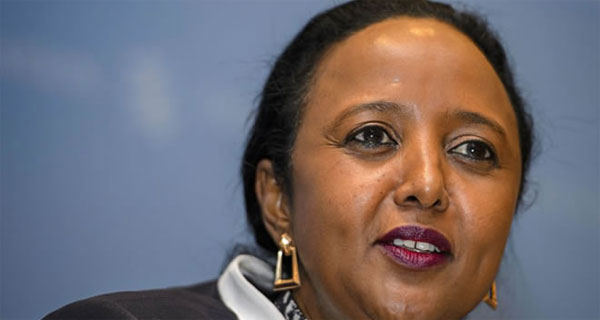×
The Standard e-Paper
Smart Minds Choose Us
 |
| Foreign Affairs Cabinet Secretary Amina Mohamed. |
By FAITH RONOH
Kenya: Kenya wants to re-introduce the proposal to amend Section 27 of the Rome Statute to shield serving heads of state and government from prosecution.